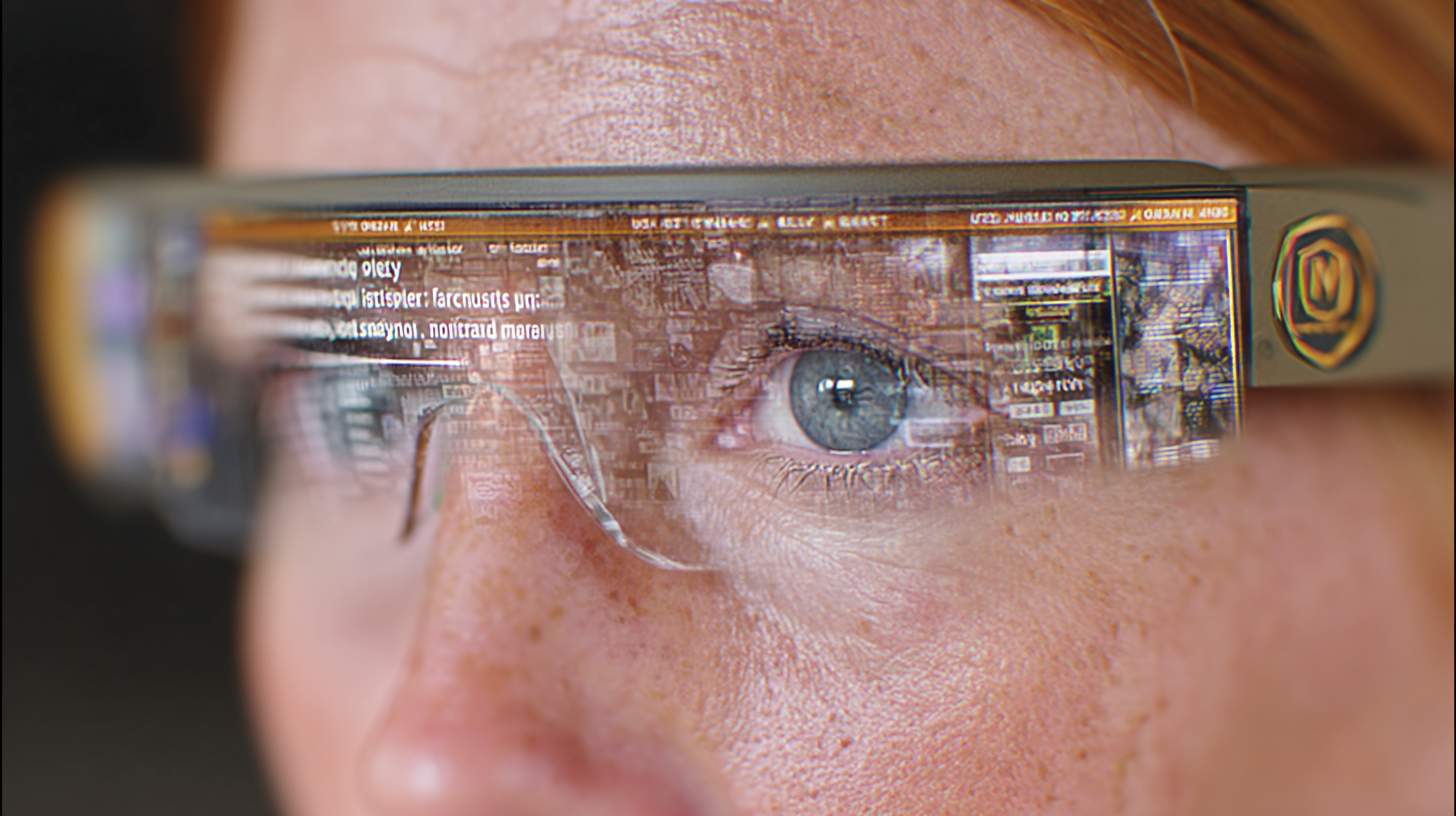by Futurist Thomas Frey
For most of human history, memory has been unreliable. We forget faces, misplace details, and misinterpret events. Our brains were never designed as perfect recorders; they were designed for survival, filtering only what seemed useful at the moment. But a revolution is coming—one that will redefine memory not as a fragile biological function but as an augmented capability, seamlessly integrated into our daily lives.
In earlier predictions, I suggested that future generations would wear smart glasses and sensors to record the totality of their life experiences. Imagine living with a complete archive of your existence—every conversation, every event, every fleeting glance captured and retrievable. It would be like carrying a second brain in the cloud, an external memory system with perfect recall.
Yet the story goes further than just recording what we consciously see. These devices will not be limited to our immediate field of vision. They will capture the world behind us, around corners, or in wavelengths we cannot naturally perceive. Your smart glasses might record what’s happening in the room while you’re facing the other direction, or log the tone of a conversation across the street.
Even more extraordinary, these tools will not only capture but interpret what our minds cannot process in real time. Foreign languages will be translated instantly. Complex formulas scribbled on a board will be broken down and explained. Subtle facial expressions or biometric signals could be analyzed to reveal hidden emotions or intentions. Events you didn’t notice will still be logged, and later you’ll be able to revisit them with full clarity.
This is where memory shifts from being purely personal to something collective, interactive, and enhanced. Instead of depending on your own recollection, you’ll have access to a continuously expanding intelligence layer surrounding you. In a negotiation, for instance, your glasses could replay moments where the other party’s tone shifted, hinting at hesitation. In a classroom, formulas too complex to understand at the time could be decoded later, when your knowledge has caught up. In everyday life, you’ll be able to call up forgotten names, retrace lost items, or relive experiences from perspectives you never saw firsthand.
The implications are staggering. Memory will no longer be confined to the biological limits of the hippocampus. It will become an expandable, searchable, and sharable digital construct. Families may choose to merge memories, creating multi-perspective archives of vacations, celebrations, or even tragedies. Teams could compile collective memory banks, building richer institutional knowledge than ever before. Courts may rely on personal memory archives to validate testimony. Students will revisit entire lectures, not through notes, but through immersive replays with added layers of explanation.
But such capabilities raise pressing questions. Will enhanced memory make us more reflective or more dependent? Will employers demand access to memory streams for productivity and accountability? Will relationships change when “forgetting” is no longer possible?
We stand on the edge of a memory revolution. Our lives, once constrained by what we could recall, will soon expand into a future where nothing needs to be forgotten and everything can be enhanced, interpreted, and understood in new ways. This isn’t science fiction. The building blocks—AI, smart glasses, biometric sensors—are already here. The real question is not whether enhanced memory will arrive, but how society will adapt once it does.
For further reading:
- Will AR Smart Glasses Replace Smartphones and Become Our Personal Buddy-Bots?
- The Future of Digital Memories: Will We Ever Forget Anything Again?


